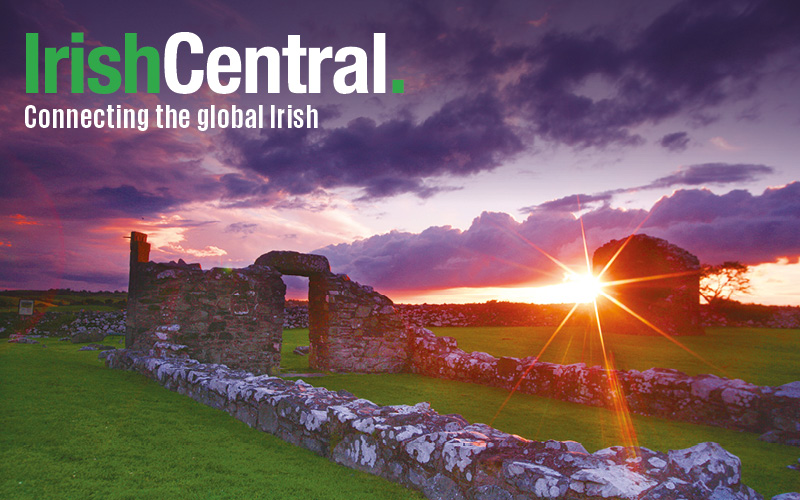I’ve felt like a part of me is missing, lately, which brings me to wonder where that part may be. I’ve been thinking a lot about my heritage and from where my family originates. While my family does keep in touch with a more modern version of our heritage, I’ve felt the need to connect with my culture on a deeper level. These thoughts have inclined me to delve slightly deeper into my family’s history, to try to retrace the path of my ancestors and find where they used to live and what their lives were like.
My family actively engages in our local Irish community; my sister is an Irish step dancer, and my dad is a hurler (one of the oldest field sports known to man, originally created in Ireland). I used to play the violin for years and eventually learned how to play Celtic fiddle music before I suddenly decided to quit playing. While we participated in Irish culture and activities more so than other families, I still never fully understood or appreciated this connection.
Historically, my family’s surname can be traced back to various regions of the United Kingdom, specifically around Ireland and Scotland. I used to harbor the opinion that our last name sounded much stranger than other surnames. To me, the name “Boyll” sounded silly and flat. I never enveloped myself in what the last name actually meant or signified.
The spelling of our name has been changed drastically over time, but ultimately can be traced back to an ancient Gaelic variation of our current surname. The ancient meaning of our name translates to “pledge.” The definition of “pledge” is “a word of honor,” which leads me to believe that we come from a line of loyal, honorable people. How would we have been deemed as “pledge” without the qualifications of such? I previously wore my surname passively, but I now carry it with me proudly, knowing that it indicates a significant translation.
Read more: American woman's search for her Irish roots pays off
Even when it came to physical attributes, I never fully appreciated the way I looked. When I was younger, I always complained about being pale (to be honest, I still do from time to time). “I wish I was Italian or Latina or Brazilian or something else so I could be prettier,” I’d say to myself, wishing for a warmer complexion and flowing hair. I grew tired of having slight features, tangly, wavy hair, and skin prone to severe sunburns rather than a smooth tan.
I never learned to appreciate the lineage that is displayed through my physical features. Now, I look in the mirror and I see facial features, complexion, and hair that comes from a line of ancestors genetically selected to adapt to our homeland and climate. I have chiseled, small-boned facial features because my Irish ancestors did. I have tangly, wavy hair because that’s the way hair adapted to the climate of the Emerald Isle. I have pale skin because, historically, Ireland is extremely cloudy and brisk, and lacked sufficient UV radiation from the sun to develop a tanner complexion for our ancestors.
When I look in the mirror, I see a face and body full of history that can ultimately reveal the climate, activities, diet, and lifestyle that my ancestors adopted.
While I now reside in a more tropical area of the United States, I can’t help but feel as though I’ve been dropped in a climate that my ancestors would have never dreamt of, perhaps comparable to dropping a penguin in Mexico. In the early 1900s America received mass amounts of immigrants from all over the world, thus beginning the “melting pot” of heritage and cultural assimilation into American society and ideals. Surnames were changed from significant meanings and translations to simpler last names that were deemed to be sufficiently “American.” Fascinating, noble, historic names were changed in the name of American integration!
Many people may not recognize or be concerned about their heritage, but I believe it is a crucial part of comprehending ourselves as humans and individuals. Grasping our heritage can thoroughly benefit the understanding of ourselves and our society. Researching, engaging in, and discovering your culture can conclusively lead to one wholesome, meaningful point of simply embracing it.
Read more: Finding my great great grandfather’s home after 170 years




Comments